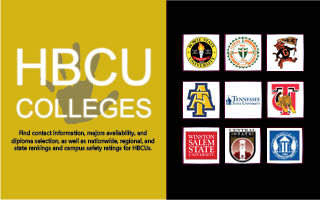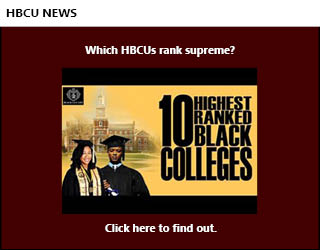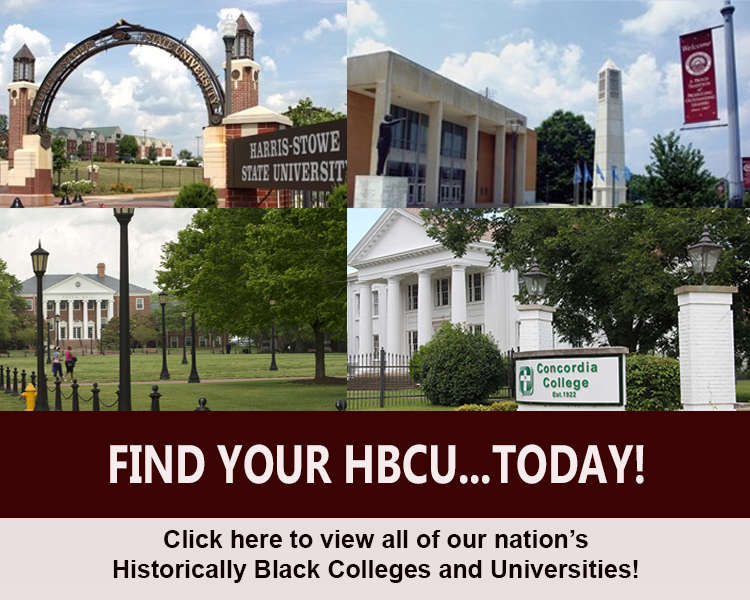HBCU Grads Have Well-Being Edge
- Details
 A Gallup study reveals that black HBCU graduates are more likely to be thriving in a number of areas of their lives than black graduates of other institutions.
A Gallup study reveals that black HBCU graduates are more likely to be thriving in a number of areas of their lives than black graduates of other institutions.
Historically Black Colleges and Universities (HBCUs) in the U.S. are battling a number of challenges, including declining enrollment numbers and lower-than-average graduation and retention rates. Despite these challenges, a new Gallup study reveals that black graduates of HBCUs are more likely than black graduates of other institutions to be thriving—strong, consistent and progressing—in a number of areas of their lives, particularly in their financial and purpose well-being.
Black HBCU Graduates More Likely
|
|||
| HBCU | Non-HBCU | Difference | |
| % | % | (pct. pts.) | |
| Purpose Well-Being | 51 | 43 | -8 |
| Social Well-Being | 54 | 48 | -6 |
| Financial Well-Being | 40 | 29 | -11 |
| Community Well-Being | 42 | 38 | -4 |
| Physical Well-Being | 33 | 28 | -5 |
| Thriving on all five elements of well-being | 7 | 7 | -- |
| Gallup-Purdue Index, 2014-2015 | |||
The thriving gap between black graduates of HBCUs and black graduates of other schools is largest in financial well-being, which gauges how effectively people are managing their economic lives to reduce stress and increase security. Four in 10 black HBCU graduates (40%) are thriving in this area, compared with fewer than three in 10 (29%) black graduates of other schools.
Of the five elements of well-being that Gallup measures, black graduates of HBCUs are most likely to be thriving in social (54%) and purpose (51%) well-being, which means the majority of them have strong social relationships and they like what they do each day and are motivated to achieve goals. While statistically similar percentages of black HBCU graduates and black non-HBCU graduates are thriving in social well-being, HBCU graduates lead non-HBCU graduates in purpose well-being—less than half of non-HBCU graduates (43%) are thriving in this area.
Although HBCUs are struggling in a number of areas, their overall success in providing black graduates with a better college experience than they would receive at non-HBCUs needs to be examined more closely and potentially modeled at other institutions. The profoundly different experiences that black graduates of HBCUs and non-HBCUs are having in college may leave HBCU graduates feeling better prepared for life afterward and potentially lead these two groups to live vastly different lives after college.





